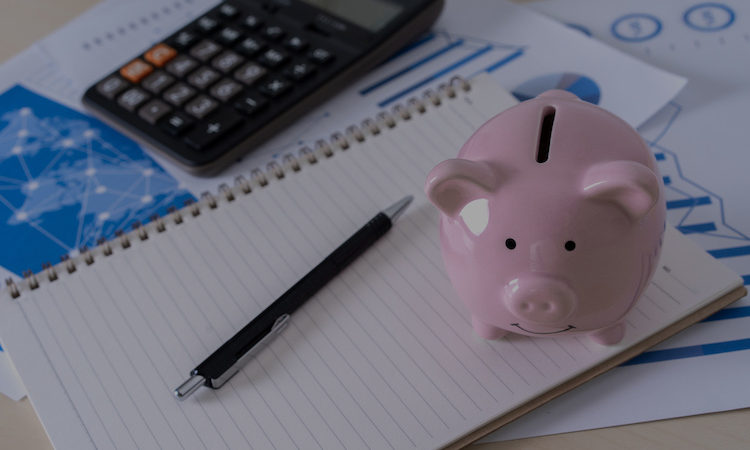It is the end of the year and, like most business owners, you are making preparations for an even more successful and profitable 2020. With all that happened in the past year, and all you plan for in the new year, you may want to take an extra look at your insurance and the coverage you currently have. How is your current insurance policy working for you? Are all your risks covered? To fully understand your policy, you need to know what you currently have and what is available to you. Before talking to an agent, familiarize yourself with the most common types of insurance policies for businesses listed below. Our agents will be able to help talk you through these plans and then find one that fits your business at a price that fits your wallet.
General Liability
General liability insurance is typically the first insurance coverage a business seeks. It provides coverage for any third-party injury, property damage, and the ensuing lawsuits that may occur due to these incidents. Common liability insurance policies help pay for third-party bodily injury claims, property damage claims, completed products claims, faulty workmanship claims, personal and advertising injury claims, and immediate medical expense claims, as well as legal fees associated with lawsuits from any of these claims.
Workers’ Compensation Insurance
Workers’ Compensation covers your business and employees in the case that an accident should happen on the job. This includes medical bills, follow-up care, and lost wages. In extreme cases, it will cover funeral expenses. Although Workman’s Comp laws vary from state to state, there are a few general cases that are not covered. These include intentional injury, injury due to intoxication, and injuries due to a fight instigated by the worker.
Property insurance covers your business, inventory, and other’s property in your possession in case of theft, damage, natural disasters, and fires. In the event that property is damaged, tobacconist property insurance will pay for the infrastructure, equipment, supplies, furniture, and any inventory that was damaged.
Not all disasters are covered in common property insurance policies. Be sure to talk to an agent today to discuss what policy is best for the region you are in. Also, decide whether you want to cover your property at its current or full value. Covering your property at its current value will save you money on your premium but the payout will be smaller in case of a claim. Covering your property at full value will mean a higher premium but will pay for replacing with new equipment.
Commercial auto insurance helps cover finances associated with a car accident when you or an employee is found responsible for the collision. As a business, you have several types of auto insurances available to you. The most common plans cover repair costs, medical bills, and legal fees associated with a company car accident. Other policies cover auto damage due to flooding and other natural disasters. Depending on your needs, policies can even cover damaged material or equipment that is in a vehicle at the time of an accident. Given the situation, commercial auto insurance may even supplement individual auto insurance.
Product Liability Insurance
Product liability insurance can be covered under a general liability insurance policy. Product liability protects a business from claims for any damage, personal or property, that occurs due to the manufacturing, marketing, or misuse of a product.
